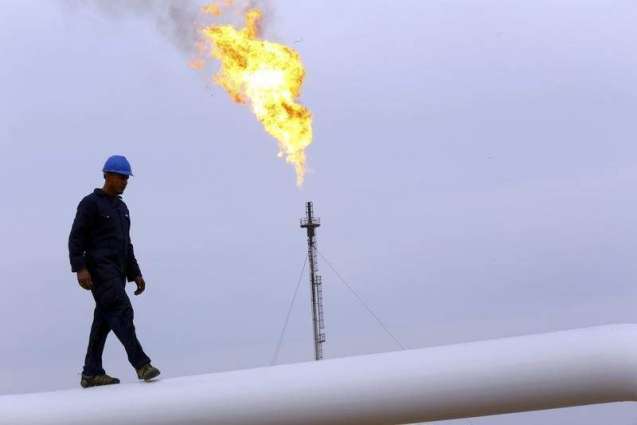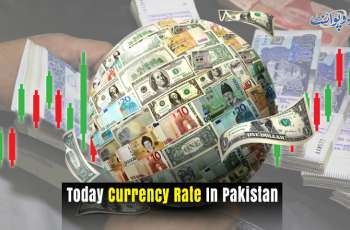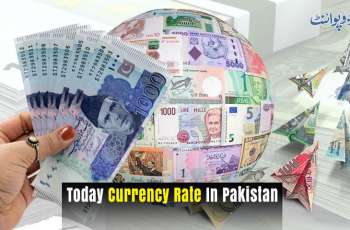Oil prices rose from their worst weekly selloff since the COVID-19 pandemic broke out three years ago but the longevity of the rebound looked doubtful, said analysts, as the banking crisis that ignited the selloff appeared far from over
NEW YORK (Pakistan Point News / Sputnik - 21st March, 2023) Oil prices rose from their worst weekly selloff since the COVID-19 pandemic broke out three years ago but the longevity of the rebound looked doubtful, said analysts, as the banking crisis that ignited the selloff appeared far from over.
New York-traded West Texas Intermediate, or WTI, crude settled up 90 cents, or 1.4%, at $67.64 per barrel on Monday. Earlier in the session, WTI fell to as low as $64.38, marking a low not seen since December 2021. Last week, the US crude benchmark fell almost $10 a barrel, or 13%, for its worst weekly slump since April 2020, at the height of the coronavirus breakout that practically destroyed global demand for oil.
London-traded Brent crude settled up 82 cents, or 1.1%, at $73.79 per barrel on Monday. The global crude benchmark plumbed a 15-month low of $70.13 earlier in the day, after finishing last week down 13%.
Crude prices cratered last week on concerns that a US-to-Europe banking crisis could spill over into the broader economy, denting activity and potentially damaging demand for oil. Fears of slowing demand have weighed heavily on oil markets this year, keeping prices largely depressed.
Fears over the liquidity crisis with banks abated somewhat on Monday as Swiss investment bank UBS said it will buy beleaguered peer Credit Suisse and JPMorgan appeared to make progress in the rescue of First Republic Bank, after last week's federal takeover of regional banks Silicon Valley and Signature.
Even so, ING said in a note that fears of an economic slowdown and anticipation of a Federal Reserve rate on Wednesday will keep markets volatile this week.
"We just have no idea at this point which bank in the US or Europe will be in trouble next," John Kilduff, partner at New York energy hedge fund Again Capital, said in a text message to Investing.com. "What we have now is a storm that's less intense, so crude longs have caught a break but how long this upside will last no one knows."
Sunil Kumar Dixit, chief technical strategist at SKCharting.com, said crude prices, technically, were showing sporadic signs of life despite the bear market across the oil market and concerns about what the Fed will say in its rates outlook on Wednesday.
"As $64.30 acts as support for WTI, price behavior will be monitored when further recovery towards $68.50 comes in," said Dixit.
"Sustainability above $68.50 is essential for a further upside towards the 10-Day EMA that's dynamically positioned at $70.50," he said, referring to the Exponential Moving Average marker for US crude.
The Fed is expected to approve another 25-basis point hike at its March 22 meeting, bringing US interest rates to a peak of 5%, and advocate further increases that will help it catch up with inflation which grew at an annual rate of 6% in February. The Fed intends to bring inflation back to its long-term target of 2% per annum and has said it will rely as much as possible on rate hikes to do that, having already raised 450 basis points over the last year.
The banking crisis is, however, weighing on the Fed's plans as many on Wall Street are blaming that on the central bank's rate increases instead of what appears to be reckless risk-taking by the executives of the banks that went under. There is pressure now on the Fed not to do any more rate increases. The central bank has not signaled that it will capitulate to such demands.




